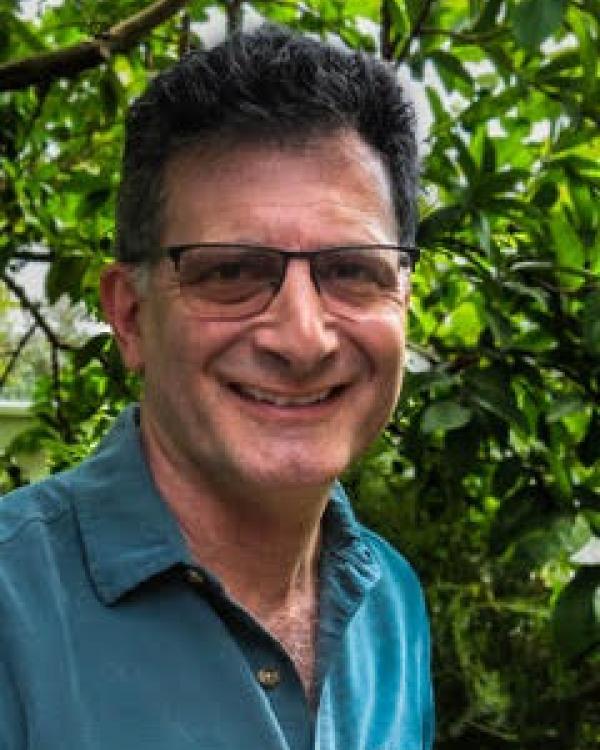
Dr. Glenn Levine from UC Irvine will give the free talk “Compassionate Language and Multilingual Classrooms: Language Teaching for Refugees and Implications for L2 Pedagogy” on Friday, November 3 from 3-4:30 pm in Education 1217 on the UC Santa Barbara campus. The talk, sponsored by the Interdisciplinary Emphasis in Applied Linguistics at UCSB, is free and open to the public.
In Germany, several hundred thousand recently arrived migrants, mostly refugees, are learning German and seeking to ‘integrate’ into society there. In Berlin alone, German language teach¬ing is taking place on an unprecedented scale and for more diverse groups of learners than ever before. Based on a qualitative study of a few of those teaching and learning settings, Levine will offer a sketch of the ways teachers, both professionals and volunteer laypersons, engage compassionate language and multilingual pedagogies to facilitate language learning as well as shift the priority of ‘integration’ from top-down conceptualizations to validation and what manifests as legitimate peripheral participation. Through interviews and some examples of teaching/learning moments in which teachers adapt conventional language pedagogies to the perceived needs of learners in situated context—using the learners’ own languages as a resource and the dynamics of the group as a vehicle for learning and engaging learners’ multilingual subjectivities—he con-siders implications and some guidelines for language pedagogy, teacher education, and assess-ment attuned to the challenges of language teaching in a postmodern, globalized world.
Prof. Glenn Levine teaches German in the School of Humanities at UC Irvine. The overarching goal of his scholarly work is to explore and understand linguistic knowledge and development, and in particular, the nature and process of acculturation and socialization as part of second-language learning. Levine was trained in sociolinguistics, applied linguistics, general Germanic linguistics, and German Studies at the University of Texas at Austin and earned the Ph.D. in 1997. His graduate research and first book dealt with language attrition and incomplete first-language acquisition of Yiddish in the U.S. immigrant situation. Since coming to UCI in 1999, his research and publications have focused primarily on issues of adult second-language learning and teaching. In particular, Levine has sought to develop a nuanced model of second-language socialization that is theoretically sound, empirically robust, and pedagogically viable. In recent years he has also explored language learners’ language use and experiences while studying and living abroad.